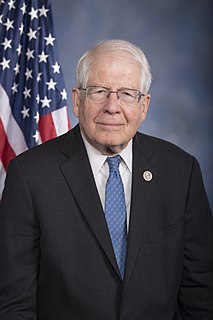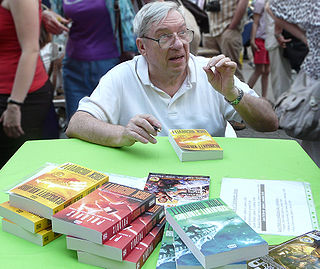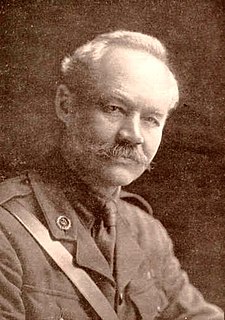A Quote by Barack Obama
For too many of us, it's become safer to retreat into our own bubbles, whether in our neighborhoods or on college campuses, or places of worship or especially our social media feeds, surrounded by people who look like us and share the same political outlook and never challenge our assumptions. And increasingly, we become so secure in our bubbles that we start accepting only information, whether it's true or not, that fits our opinions, instead of basing our opinions on the evidence that is out there.
Quote Topics
Accepting
Assumptions
Become
Bubbles
Challenge
College
College Campus
College Campuses
Evidence
Feeds
Fits
Increasingly
Information
Instead
Like
Look
Many
Media
Neighborhoods
Never
Only
Opinions
Our
Out
Outlook
Own
People
Places
Places Of Worship
Political
Retreat
Safer
Same
Secure
Share
Social
Social Media
Start
Surrounded
Too
True
Us
Whether
Worship
Related Quotes
If we choose only to expose ourselves to opinions and viewpoints that are in line to our own, we become more polarized, more set in our own ways. It will only reinforce and deepen the political divides in our country. But if we choose to actively seek out information that challenges our assumptions and beliefs, perhaps we can begin to understand where the people who disagree with us are coming from.
America can do whatever we set our mind to. That is the story of our history, whether it's the pursuit of prosperity for our people, or the struggle for equality for all our citizens; our commitment to stand up for our values abroad, and our sacrifices to make the world a safer place. Let us remember that we can do these things not just because of wealth or power, but because of who we are: one nation, under God, indivisible, with liberty and justice for all.
Some things are up to us [eph' hêmin] and some things are not up to us. Our opinions are up to us, and our impulses, desires, aversions–in short, whatever is our own doing. Our bodies are not up to us, nor are our possessions, our reputations, or our public offices, or, that is, whatever is not our own doing.
That is the story of our history - whether it's the pursuit of prosperity for our people or the struggle for equality for all of our citizens, our commitment to stand up for our values abroad, and our sacrifices to make the world a safer place. Let us remember that we can do these things not just because of wealth or power, but because of who we are. One nation under God, indivisible, with liberty and justice for all.
No one can write their real religious life with pen or pencil. It is written only in actions, and its seal is our character, not our orthodoxy. Whether we, our neighbor, or God is the judge, absolutely the only value of our religious life to ourselves or to anyone is what it fits us for and enables us to do.
And how we become like our parents! How their scorned advice - based, we felt in our superiority, on prejudices and muddled folk wisdom - how their opinions are subsequently borne out by our own discoveries and sense of the world, one after one. And as this happens, we realise with increasing horror that proposition which we would never have entertained before: our mothers were right!
It is not true that the legislator has absolute power over our persons and property, since they pre-exist, and his work is only to secure them from injury. It is not true that the mission of the law is to regulate our consciences, our ideas, our will, our education, our sentiments, our works, our exchanges, our gifts, our enjoyments. Its mission is to prevent the rights of one from interfering with those of another, in any one of these things.






























